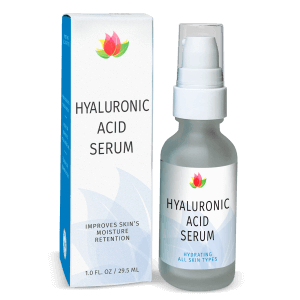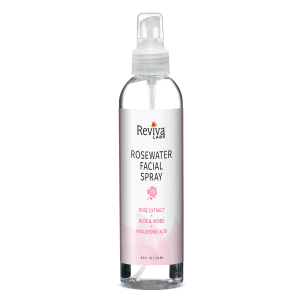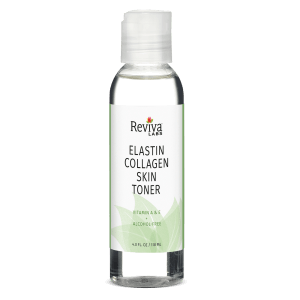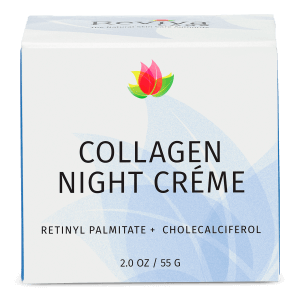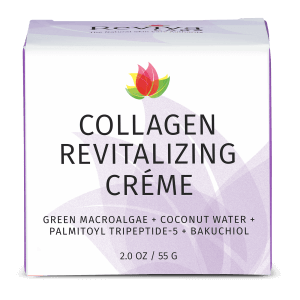Reviva Labs, Skin Care
Everyday Skincare for Normal Skin
Skincare is a journey of self-care and attention to detail. For those with normal skin, maintaining a healthy glow is relatively straightforward, but it still requires a consistent routine. Normal skin is typically well-balanced, not too oily or too dry, and has a smooth texture with minimal imperfections. However, even normal skin can benefit from a dedicated skincare regimen to ensure it stays healthy and radiant.
Understanding Normal Skin
Normal skin is characterized by a balanced moisture level and even texture. This skin type rarely experiences severe breakouts or excessive dryness, making it the ideal canvas for a variety of skincare products. However, this doesn’t mean normal skin is without needs. Factors such as weather changes, diet, and stress can all impact the skin’s balance. Therefore, it’s important to establish a routine that supports and maintains this equilibrium.
Cleansing: The First Step
A gentle cleanser is the cornerstone of any skincare routine. For normal skin, the goal is to remove impurities without stripping away natural oils. Choose a cleanser that is mild and pH-balanced to maintain the skin’s natural barrier. Washing your face twice daily, in the morning and before bed, ensures that dirt and makeup are effectively removed, preventing clogged pores and breakouts.
Toning for Balance
Toners are often overlooked, but they play a crucial role in maintaining skin health. A good toner helps to remove any remaining traces of dirt and makeup after cleansing, and it can also restore the skin’s natural pH balance. Look for toners with hydrating ingredients like glycerin or hyaluronic acid. These ingredients help to lock in moisture, keeping your skin plump and hydrated.
The Power of Hydration
Even normal skin needs regular hydration to maintain its elasticity and glow. A lightweight moisturizer is ideal for normal skin, providing hydration without feeling heavy or greasy. Ingredients like ceramides and peptides can be beneficial, as they help to strengthen the skin barrier and promote a smooth texture. Apply moisturizer twice a day, in the morning and at night, to keep your skin nourished.
According to a survey by the American Academy of Dermatology, 58% of adults in the United States reported using a skincare product as part of their daily routine. This statistic highlights the importance and prevalence of skincare in everyday life
Sun Protection: A Daily Essential
Sun protection is non-negotiable, regardless of skin type. UV rays can cause premature aging, hyperpigmentation, and increase the risk of skin cancer. For normal skin, a broad-spectrum sunscreen with at least SPF 30 should be applied every morning, even on cloudy days. Reapply every two hours if you are spending time outdoors. Sunscreen not only protects your skin from damage but also helps to maintain an even skin tone.
Weekly Exfoliation
Exfoliating your skin once or twice a week helps to remove dead skin cells, promoting a brighter complexion and smoother texture. For normal skin, both physical and chemical exfoliants can be effective. Physical exfoliants use small particles to manually scrub away dead skin, while chemical exfoliants use ingredients like alpha-hydroxy acids (AHAs) or beta-hydroxy acids (BHAs) to dissolve dead skin cells. Choose the type that feels best for your skin, and always follow up with a moisturizer to replenish hydration.
Incorporating Serums
Serums are concentrated treatments that target specific skin concerns. For normal skin, a hydrating serum with hyaluronic acid can boost moisture levels, while a vitamin C serum can brighten the skin and provide antioxidant protection. Apply serums after toning and before moisturizing. These powerful treatments can enhance your skincare routine by addressing issues like dullness and fine lines.
Night Care Routine
Your skin undergoes a natural repair process while you sleep, making nighttime the perfect opportunity for more intensive care. In addition to your regular moisturizer, consider using a richer night cream or a treatment oil. Ingredients like retinol or peptides can be beneficial, promoting cell turnover and collagen production. A consistent night care routine helps to keep your skin rejuvenated and ready for the day ahead.
The Importance of Diet and Hydration
What you put into your body is just as important as what you put on your skin. A balanced diet rich in vitamins and antioxidants supports skin health from the inside out. Foods high in omega-3 fatty acids, like salmon and walnuts, can help to keep your skin supple and hydrated. Additionally, drinking plenty of water throughout the day helps to maintain your skin’s moisture levels, promoting a healthy and glowing complexion.
Managing Stress
Stress can take a toll on your skin, leading to issues like breakouts and dullness. Finding ways to manage stress is crucial for maintaining healthy skin. Regular exercise, meditation, and adequate sleep are all effective strategies for reducing stress. Taking time for yourself and practicing self-care can also have a positive impact on your skin’s appearance and overall health.
Regular Check-Ups
Regular visits to a dermatologist can help to monitor your skin’s health and catch any potential issues early. A professional can provide personalized advice and recommend treatments tailored to your skin type. Even if your skin appears healthy, routine check-ups ensure that you are on the right track and allow for adjustments to your skincare routine as needed.
Staying Informed
The skincare industry is constantly evolving, with new products and technologies emerging regularly. Staying informed about the latest developments can help you make better choices for your skin. However, it’s important to be cautious and not jump on every new trend. Stick to products and routines that have been proven effective for your skin type and consult with a dermatologist before trying new treatments.
Embracing a Routine
Establishing and sticking to a skincare routine is key to maintaining healthy skin. Consistency is more important than the number of products you use. Focus on a few essential steps: cleansing, toning, moisturizing, and protecting. Incorporate additional treatments like serums and exfoliants as needed, but always prioritize the basics. Your skin will thank you for the care and attention.
Final Thoughts on Skincare
Caring for normal skin is about maintaining balance and addressing any changes as they arise. With a consistent routine, healthy diet, and mindful lifestyle choices, you can keep your skin looking its best. Remember that everyone’s skin is unique, and what works for one person may not work for another. Pay attention to how your skin responds to different products and adjust your routine accordingly. Healthy, glowing skin reflects the care you put into it every day.







